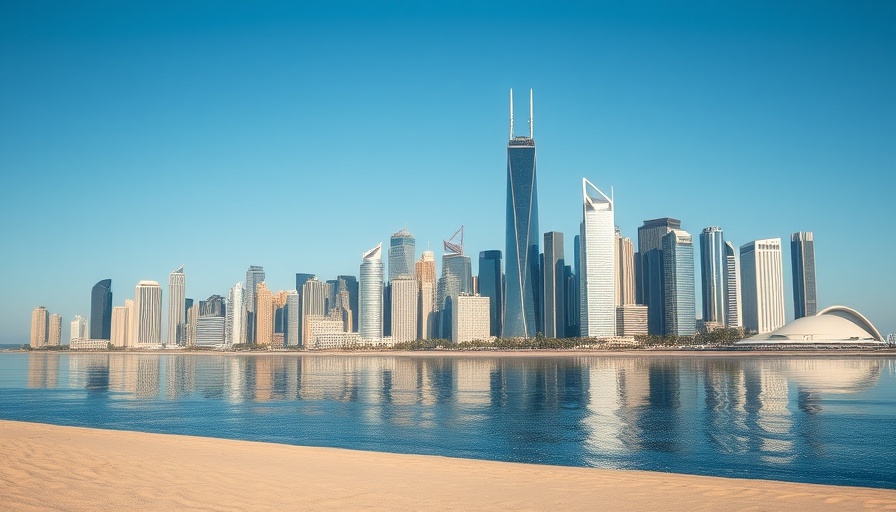
Reimagining Residency: The Evolution of Golden Visas
Residency programs worldwide are undergoing a significant metamorphosis. Once regarded as a golden ticket to reside in some of the world's most thriving locales, the golden visa is evolving beyond its original intent. Over the past decade, investor visa initiatives across Europe attracted numerous high-net-worth individuals, digital nomads, and retirees looking for greater mobility and lifestyle enhancements. However, recent challenges have forced many countries to reconsider how residency by investment should look.
Portugal: Pioneering Change
Portugal's golden visa has been a popular route for non-EU nationals seeking residency in a vibrant European context. Historically, the program permitted residency through various avenues, including real estate purchases and government bonds. Yet, in 2023, the Portuguese government decided to eliminate the real estate option, citing rising property prices and local housing pressures.
In its new approach, Portugal aims to foster economic growth without exacerbating its housing crisis. Applicants can now qualify by contributing to venture capital, scientific research, or creating jobs. Alternative routes such as the D7 visa for passive income earners and a new digital nomad visa have gained significant popularity. These programs, which require no substantial investment, aim to attract a different demographic—those with sustainable income and remote work flexibility.
Greece: Increasing Investment Requirements
Greece remains a magnet for investors due to its accessible golden visa program with a minimum investment of €250,000. This easily approachable scheme also grants privileges like family reunification and visa-free travel across the Schengen area. However, in 2023, the Greek government made significant changes by doubling the minimum investment to €500,000 in regions under pressure, like Athens and Santorini.
While still functioning as a property-based program, the adjustment encourages investors to seek more value outside major cities. Meanwhile, Greece's new pathways for entrepreneurs and its refined digital nomad visa, which requires a minimum monthly income of €3,500, showcase a transformative mindset focused on attracting long-term contributors rather than just capital investments.
Spain: Shifting Towards a New Landscape
Once a leader in the golden visa market, Spain has announced plans to phase out its real estate investment route due to increasing housing shortages and political pressures. This decision mirrors broader European sentiments, as other countries reconsider the sustainability and fairness of their residency programs. Moving forward, Spain is likely to explore avenues that prioritize not only capital but also long-term economic contributions.
Broader Implications of Changing Residency Programs
The transformation across these European nations highlights a critical swing in understanding the role of residency-by-investment programs. As housing crises worsen and political will shifts, the evolution of these schemes to more sustainable and inclusive models is pivotal for future investment. Countries are realizing that they can no longer regard residency merely as a gateway for wealthy individuals; instead, fostering community integration and broader economic benefits are paramount.
The Rise of Alternative Residency Options
As golden visas are redefined, we see the rise of alternative residency options that appeal to professionals and digital nomads alike. Countries are keenly aware of the value of welcoming individuals who can contribute to local economies without stressing housing markets. Digital nomad visas that provide more competitive tax rates or incentives for remote workers become attractive options as we move towards a more integrated global workforce.
For those considering residency abroad, it is essential to keep a vigilant eye on these changes. Knowing where investment opportunities lie or understanding new pathways to residency can significantly alter one’s life.
 Add Row
Add Row  Add
Add 




Write A Comment